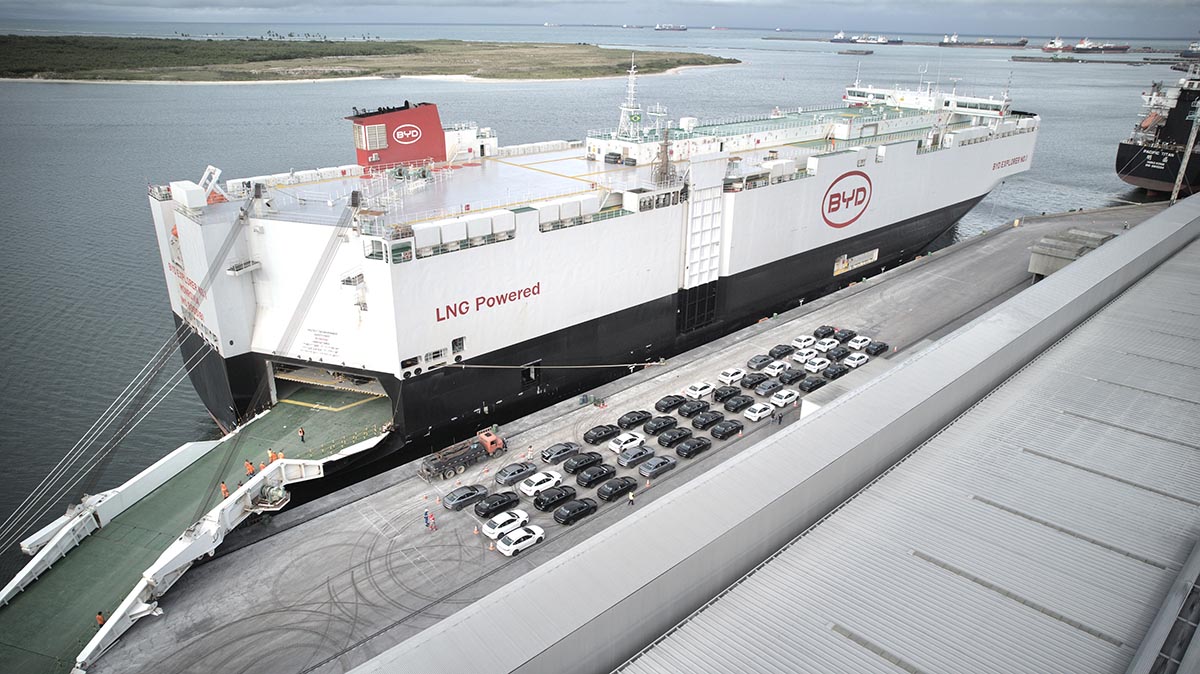EU Internal Market Commissioner Thierry Breton has refuted German Transport Minister Volker Wissing’s assertion that millions of diesel vehicles in Germany are at risk of being decommissioned. Breton described Wissing’s statements as “misleading.”
Last week, Wissing warned in a letter to EU Commission President Ursula von der Leyen that up to eight million diesel vehicles in Germany might need to be decommissioned. This warning coincides with the European Court of Justice (ECJ) examining whether emission tests should extend beyond laboratory conditions. Vehicles with Euro-5 and Euro-6 (pre-Euro-6d-temp) emissions standards were designed for test bench emissions assessments, not for real-world driving conditions. Wissing cautioned that applying Real Driving Emissions (RDE) tests retroactively to these older vehicles could result in their removal from the roads.
In response, Commissioner Breton clarified that the EU Commission has no plans to retroactively change regulations on emission compliance or take measures that would penalize citizens who purchased cars in good faith. Breton’s letter rejected Wissing’s claim, stating, “The EU Commission had no intention of changing regulations on compliance with emissions limits retroactively.”
Das Schreiben von EU-Kommissar Breton für die unionsgeführte Kommission bekräftigt meine Sorgen. Es verschleiert, dass ihre eingenommene Rechtsposition vor dem EuGH zum #Verbrenner bestehen bleibt und für Millionen Bürgerinnen und Bürger ein Risiko darstellt. https://t.co/j4v6O5oeIW
— Volker Wissing (@Wissing) August 3, 2024
Der Spiegel, a German magazine, described Wissing’s warnings as presenting a “horror scenario without horror.” The publication noted that Wissing’s concerns about RDE tests being conducted under extreme conditions, such as full load or uphill driving, were also dismissed by Breton. Additionally, Wissing’s end-of-year deadline for potential decommissioning was labeled as “arbitrary.”
Despite Breton’s assurances, Wissing remains unconvinced. The minister stated, “It confirms my concerns. It conceals the fact that the legal position it has taken before the ECJ on combustion engines remains in place and represents a risk for millions of citizens.”
The issue stems from a case involving two Mercedes owners with Euro-5 and Euro-6 diesel engines, who are seeking compensation for alleged manipulation of exhaust gas purification systems. The Duisburg Regional Court has referred 22 detailed legal questions to the ECJ for a preliminary ruling. A hearing has already taken place, and the Attorney General is expected to present arguments in November, with a judgment likely to follow several months later.
As a result, it is improbable that a decision will be reached by the end of the year, contrary to Wissing’s claims. Der Spiegel suggests that Wissing’s letter may have been politically motivated, aimed at appealing to diesel drivers ahead of upcoming state elections in Saxony, Brandenburg, and Thuringia.







